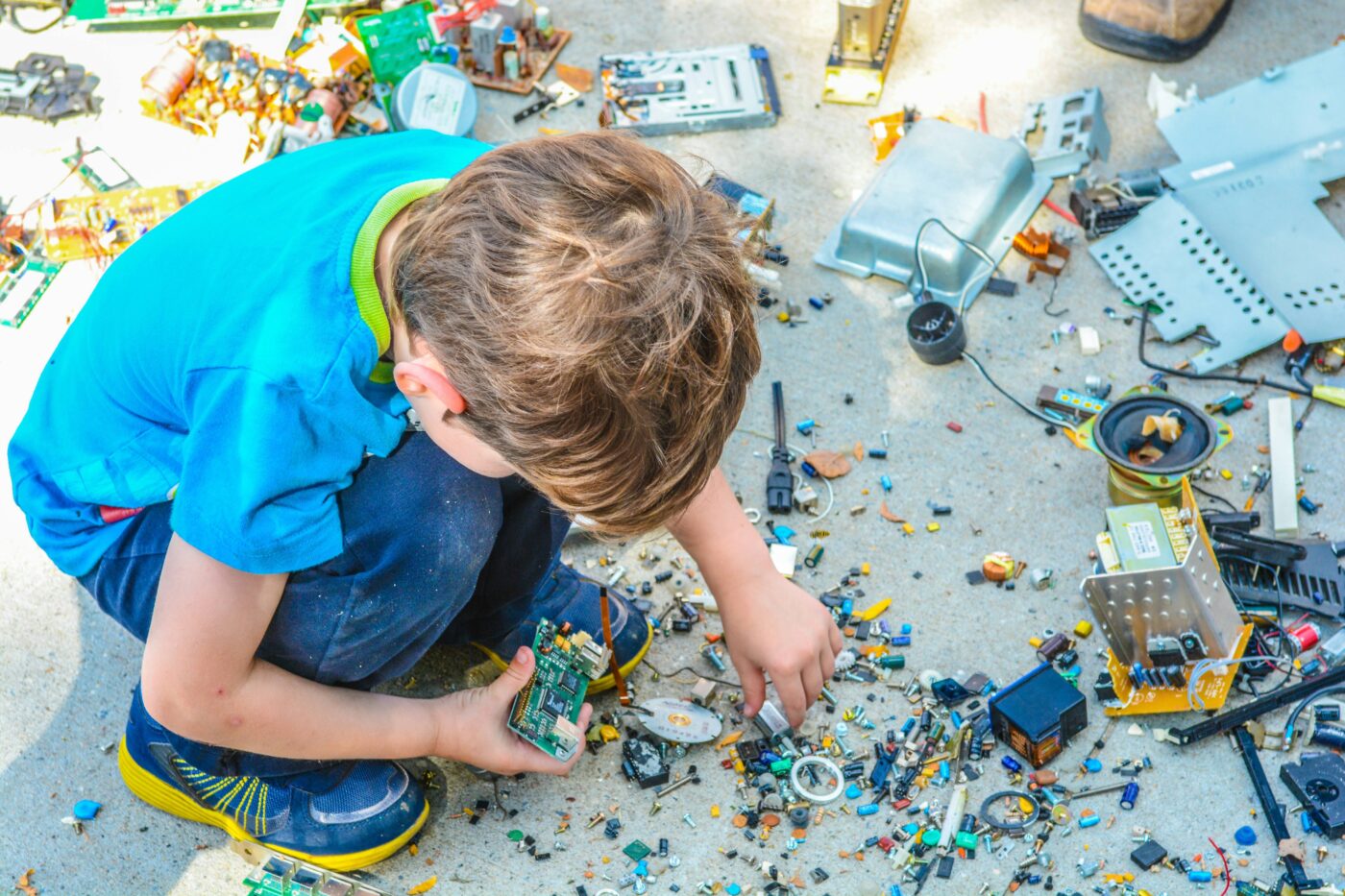According to a Barna study, 48% of kidmin leaders say that it is “somewhat difficult” to evaluate the impact their ministry is having on children. Even if we have defined our ministry objectives, spiritual growth is a tricky thing to quantify. Sheer numbers alone can’t assure us that children are connecting with God or that they are growing in their faith. After all, only God knows the heart.
Chances are, if you’re an adult who cares about children, you’re wondering things like:
- Are the kids I care about listening when I talk with them?
- What do they really think about this story, event, or experience?
- How can I know they are connecting to God?
- Will they keep connecting to God as they grow?
- What is their experience of the church actually like?
At the Center for Faith and Children, we’re wondering those things too. We care deeply about both the content and the context of a child’s experience of the church, Jesus, and Scripture. Why? Because that’s where meaning-making happens.
What is meaning-making?
Meaning-making is the process by which children (and all of us, really) make sense of the things they learn (content) and the experiences they have (context). Children are constantly making meaning from the moment they come into the world. This is especially true of young children, but we never really grow out of processing the things we learn and experience and taking meaning from them. That means what we’re going to talk about applies to children but also to you, your friend, and the person at work that you have trouble understanding.
Glossary
Meaning-making: the process by which children make sense of the things they learn and the experiences they have.
How do children make meaning?
Our Executive Director likes to say, “Children make meaning through a mosaic of meaningful channels.” Mosaics are beautiful in their diversity. Every piece brings something special; a missing piece is noticeable and obvious, though it is tiny. These diverse ways of making meaning are not hierarchical or progressive–as we mentioned before, we never really grow out of them. Children may just be more free to engage in them than adults are. According to Christian educator John Westerhoff, there are eight main ways that kids make meaning:
- Explore & Test– Like tiny anthropologists or scientists, children engage with their environment to see how it works. They may question, examine things and processes, or push the limits.
- Observe & Copy – Children notice what is happening around them and try it out for themselves. If you’ve ever seen a young child play at a toy kitchen or raise their hands in worship alongside an adult, you’ve seen this kind of meaning-making.
- Experience & React– Through play, authentic experiences, and reactions, children bring themselves into the learning as they interact with the content & context.
- Imagine & Create– Children use the knowledge & experiences they have gained to create something new, to solve a problem, or to answer a question.
“Play gives children a chance to practice what they are learning.” -Fred Rogers
Fred Rogers is known for saying, “Play gives children a chance to practice what they are learning.” At the Center for Faith and Children, we believe that this is true for everyone. A playful approach to discipleship can help children and adults to engage and make meaning of their life with Jesus in ways that impact their whole lives. There are clues everywhere we can look to for evidence that children are learning and growing in their lives with God. This year at the Center for Faith and Children, we’re excited to focus on how children connect with God and how God connects with children and to learn more about what it means to make meaning of faith—together.
-
Glossary
Meaning-making: the process by which children make sense of the things they learn and the experiences they have.
